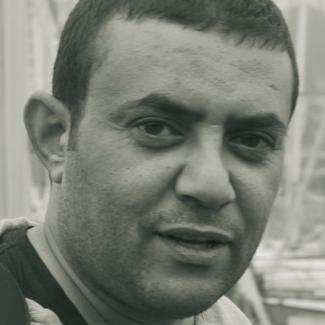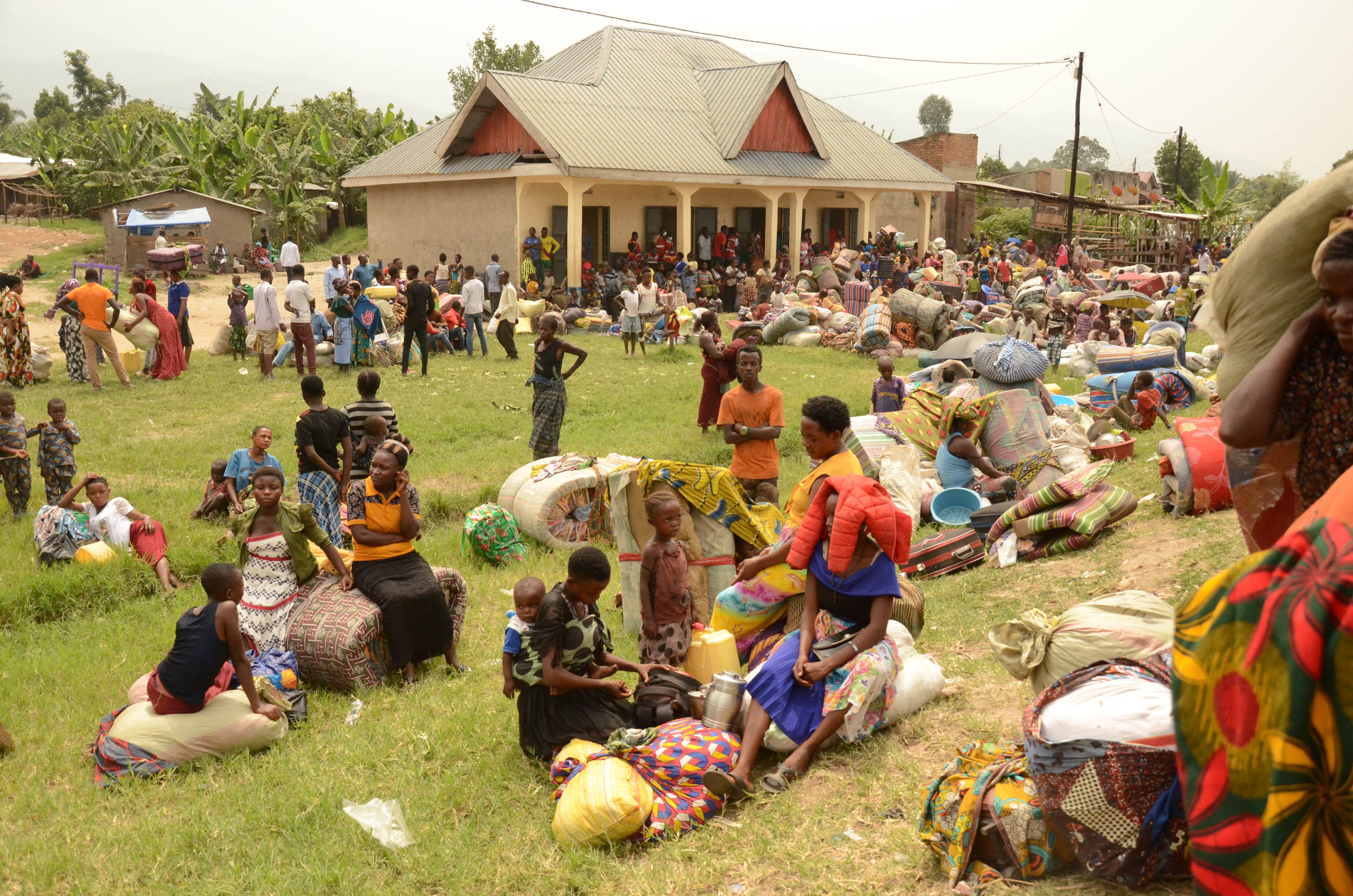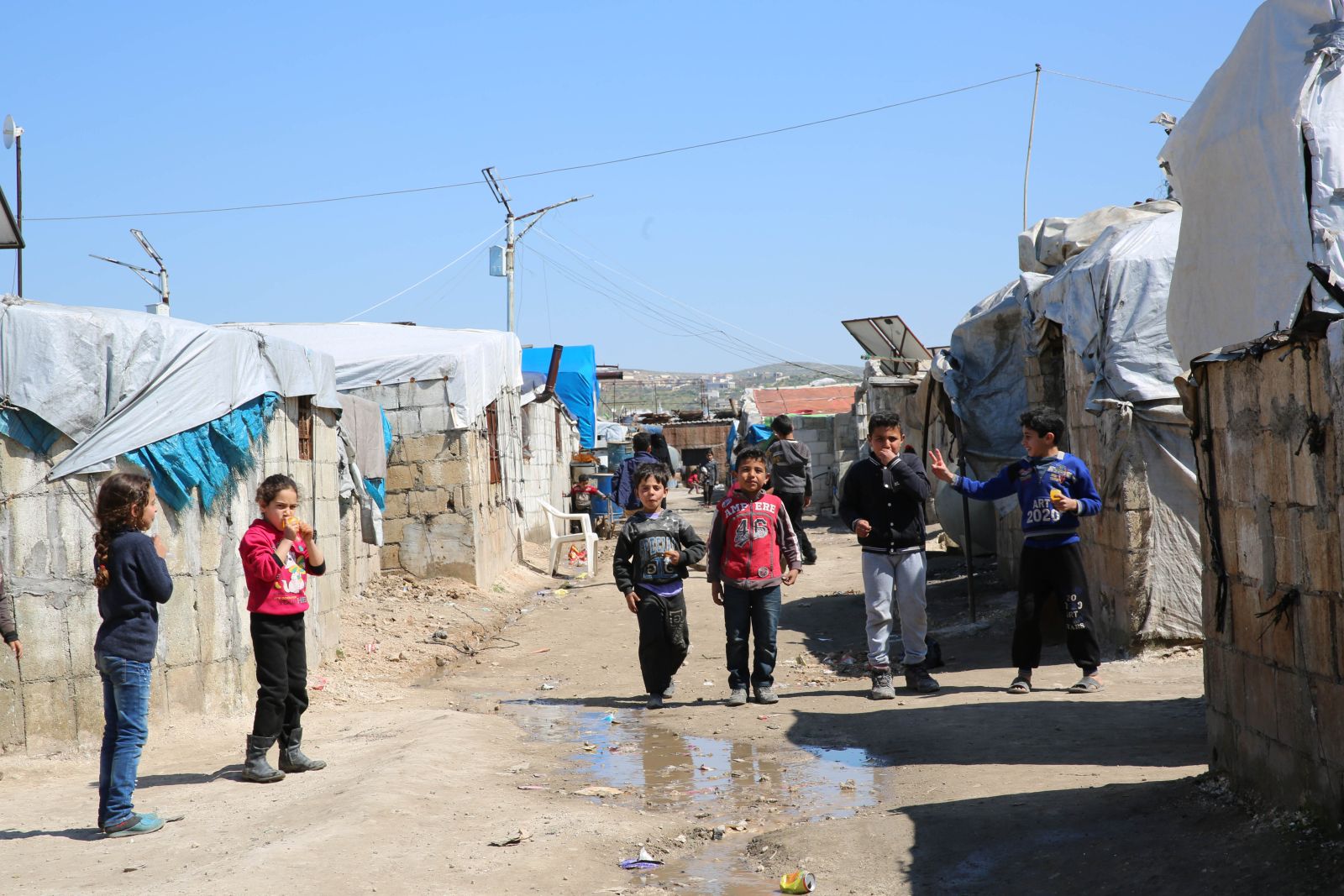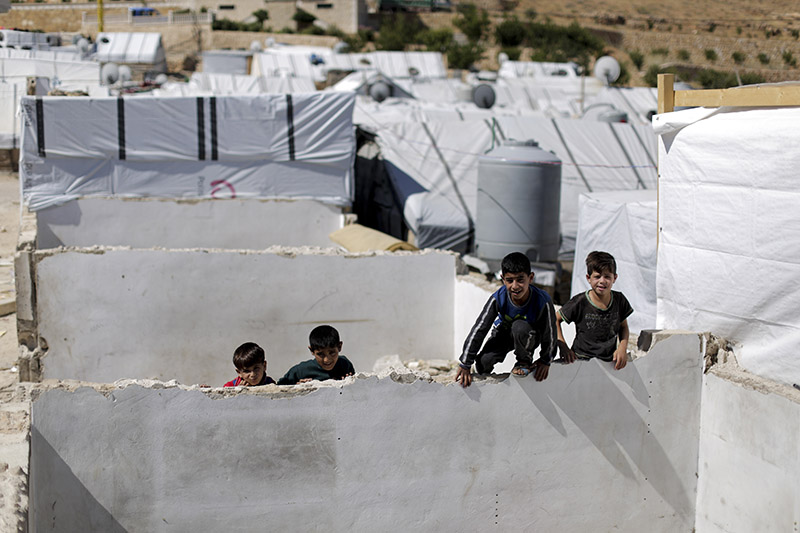Post-conflict
Coming alive again
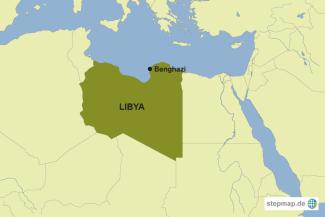
Ordinary services of daily life are gradually picking up again in the city, after considerable interruptions due to violence. However, it is obvious that people are eager to return home, and that they are driving the resumption of normal daily routines.
More than a year ago, the civil war had reached Benghazi. There was a bloody struggle between Libya’s regular army and Islamist militias, including ISIS terrorists. The militias and ISIS only emerged in Libya after the revolution of 2011. Benghazi’s urban war spread from the urban centre to many outer districts. Hundreds of buildings were destroyed, and thousands of residents, who feared for their lives, had to flee. Many of the displaced went to the nearby towns in the Green Mountain area in north-eastern Libya, while others chose to go to Egypt, the neighbouring country.
It is not easy to find a new home when you are on the run, says Saleh, who was displaced from Benghazi: “I had to move my family from town to town for three months until I finally found a home for rent at a price I could afford.” Saleh and his family have now returned home.
Benghazi University has resumed teaching in early September, although some buildings are seriously damaged. The students’ desire to learn is great. Maya, and economics student, is happy to have returned to class: “We had a very good discussion with some of our teachers. We were all delighted, and we are determined to start studying normally although our faculty building has some damages.”
Many shops and banks in the city have reopened. Once again, it is normal to hear busy traffic noises and cars honking in the streets, rather than shots and explosions. “I am very excited to see that shops, restaurants and petrol stations are operating again,” says Najwa, a housewife from Benghazi, who recently returned to the city. Najwa spent almost eleven months in Alexandria, Egypt. “I missed everything here, I missed smelling the bread of our neighbourhood bakery, I missed buying vegetables from the man selling them behind our building,” she says. “Now everything is returning to normal.”
Her assessment is not totally accurate. Violence still haunts the city. Terrorist attacks are a threat. However, people’s determination and eagerness inspires hope.
Moutaz Ali is a journalist and lives in Tripoli, Libya.
ali.moutaz77@gmail.com
